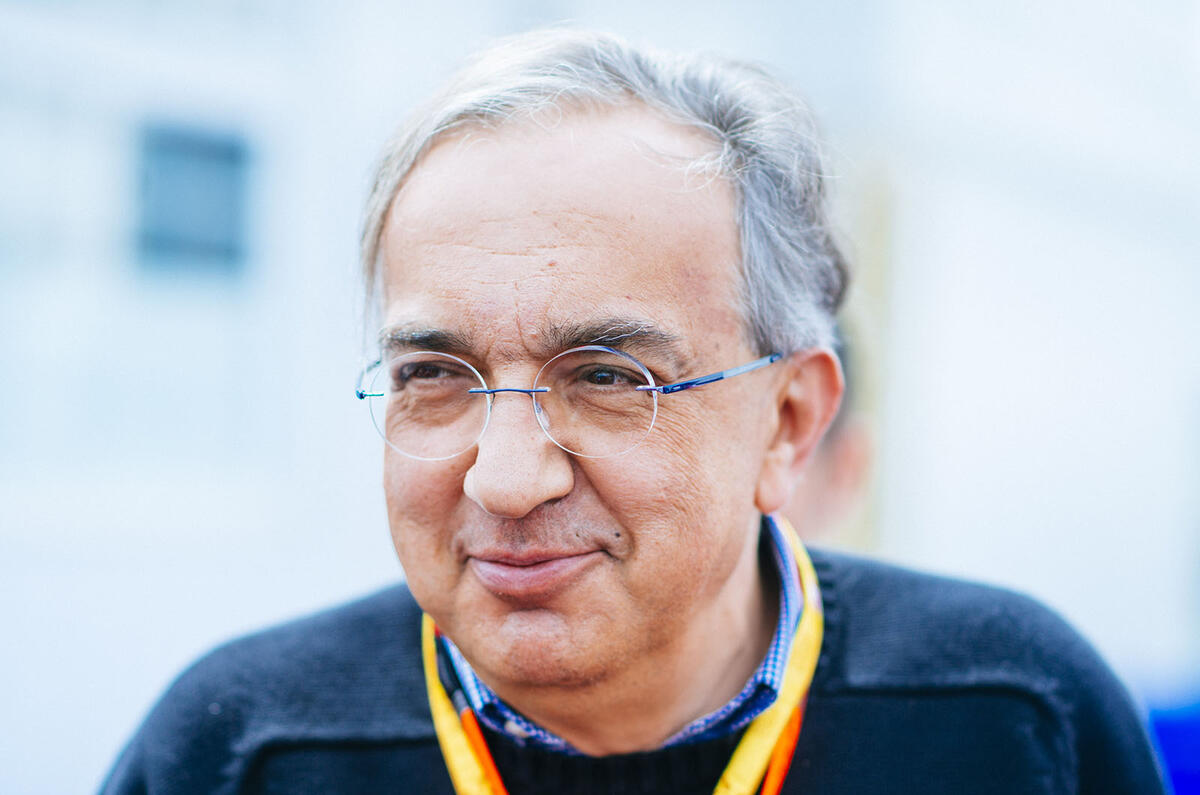A couple of months ago, Fiat Chrysler boss Sergio Marchionne unveiled a presentation to analysts that made for uncomfortable reading.
The short version was that the automotive industry was living - and investing - in cloud cuckoo land. In fact, at the end of the presentation was a drawing from the ‘Alice in Wonderland’ fairy tale.
Pictures from children’s books are extremely rare in financial presentations, but its inclusion was designed to press home just how far from reality, in Marchionne’s opinion, the current business model of the automotive industry has become.
Sergio Marchionne might like to play on being the auto industry’s outsider, but his takeover of Chrysler and creation of FCA is the hugely impressive result of his ability to pull off a deal and a turnaround that would have escaped virtually all other auto bosses.
News: Fiat boss calls for widespread component sharing
With this presentation - titled ‘Confessions of a Capital Junkie’ - Marchionne decided to give the car industry both barrels. He said that industry was slowly destroying itself with massive product development costs. Indeed, he claimed that car companies are, on average, spending their entire market value on product development every four years.
Trouble is, the result of these big investments are not translating into decent profit margins. The presentation compared the average profit margins of auto makers with industries raging from oil and gas production, to packing, aerospace and retailing.
You’ve already guessed that automotive sits squarely at the bottom of the pile, with margins averaging 7.8 percent, which is behind the tricky oil and gas industry (10 percent) and pharmaceuticals (19 percent).
Why? Marchionne says it’s because car makers are spending vast amounts engineering and tooling up for the same components and sub-assemblies. The engine strategies of nine automotive manufacturers were compared in the report and four of them, it claimed, had 90 percent commonality across their engine line ups.




Join the debate
Add your comment
It's Already Being Done
We have the alliances, partnerships, and affiliations that are already developed, and are being developed. Examples are the Toyota/BMW partnership on R&D for fuel cells and the new small sports-car; the GM/Ford alliance for development for the new 10-speed transmissions; and the Mr Ghosn's successful Renault/Nissan arrangement.
The advantage of these approaches is that they are voluntary; subject to review; maintain the individual cultures of their constituent companies; and can fade away when they no longer make financial sense.
=================
FCA current joint ventures.
Ferrari should make SUV and
The most interesting car